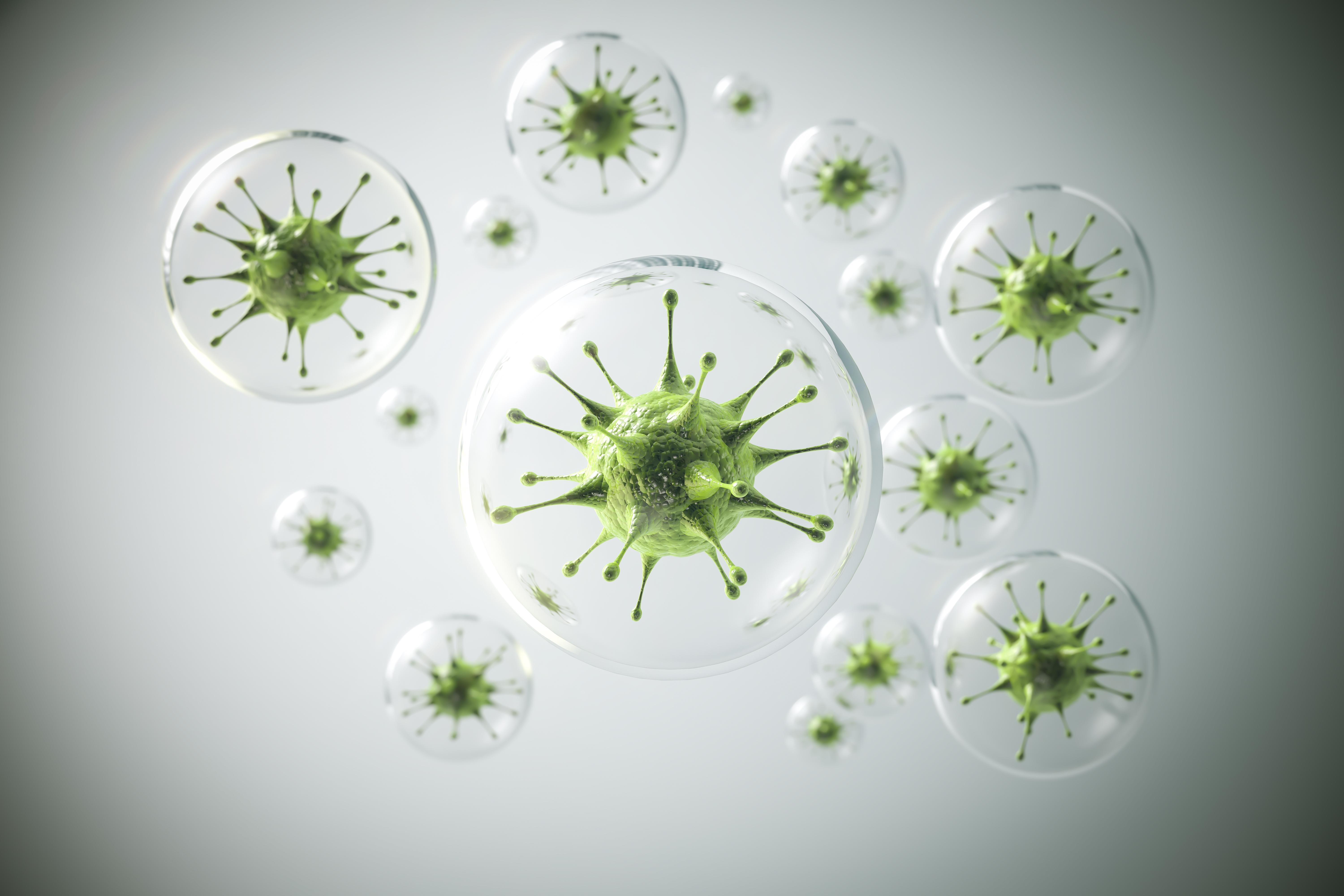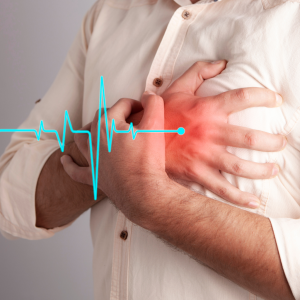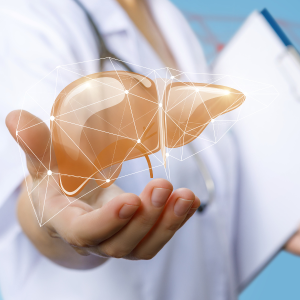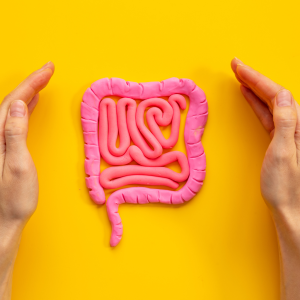Description
Participate in a COVID-19 treatment study to help prevent severe illness. Join us in advancing research for high-risk individuals.
Criteria & Qualifications:
• Must be 18 years or older and diagnosed with COVID-19 within the last 4 days.
• Experiencing at least 2 symptoms like cough, fatigue, fever, or shortness of breath in the last 4 days.
• Have one or more high-risk factors such as advanced age (75+), immunosuppression, or certain chronic conditions like lung disease or obesity (BMI ≥ 35).
Compensation:
Contact us for more information.





